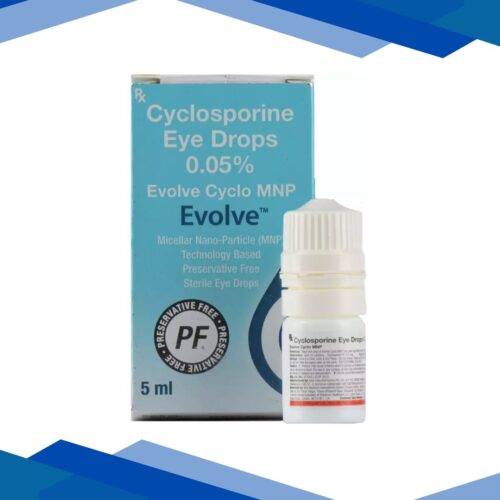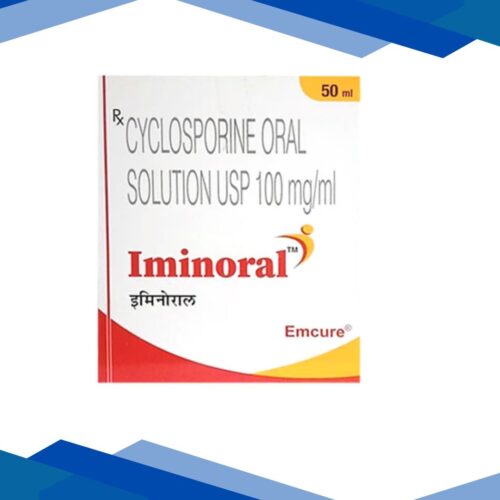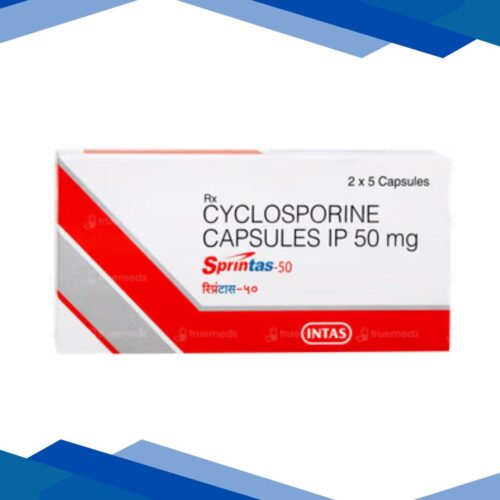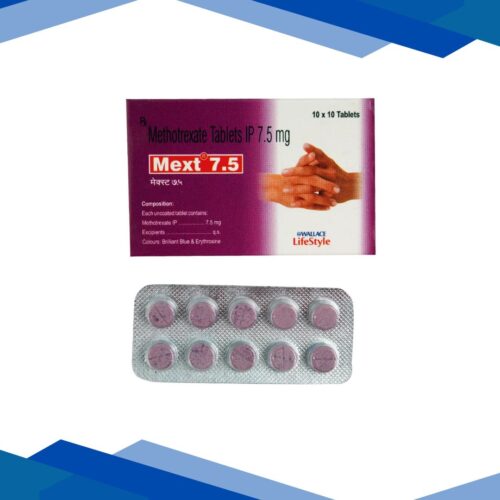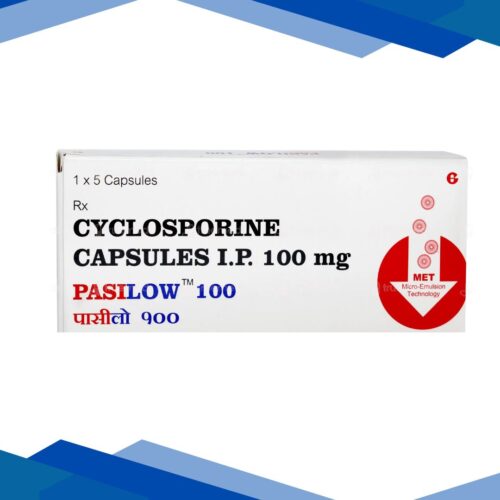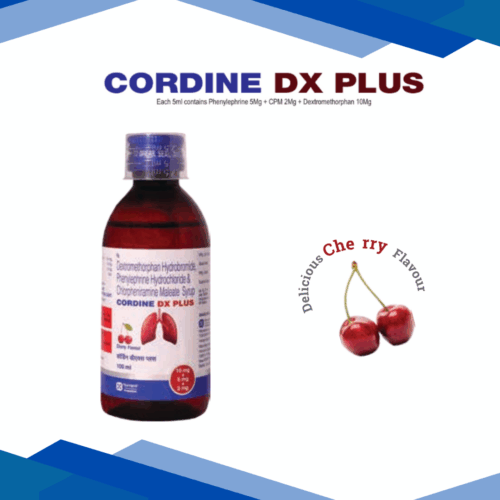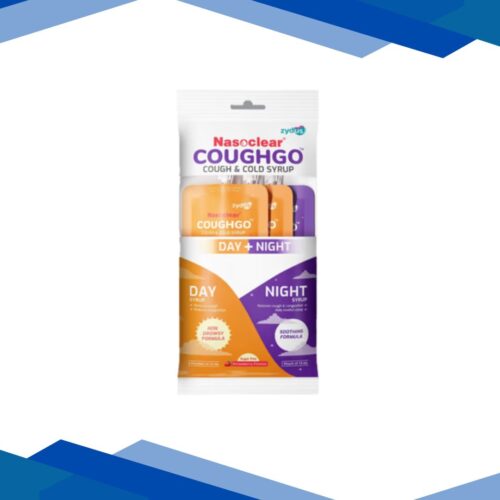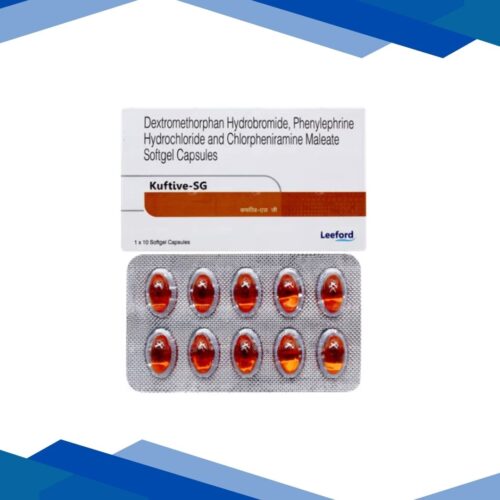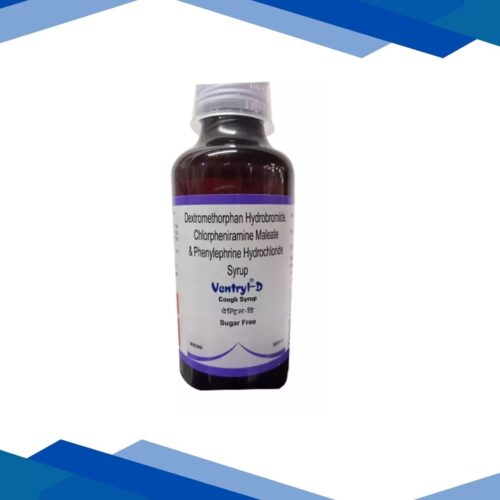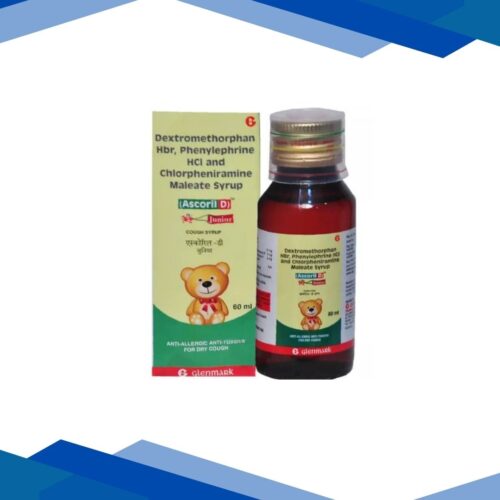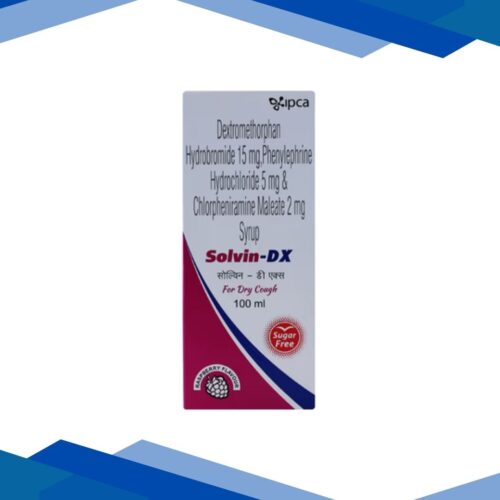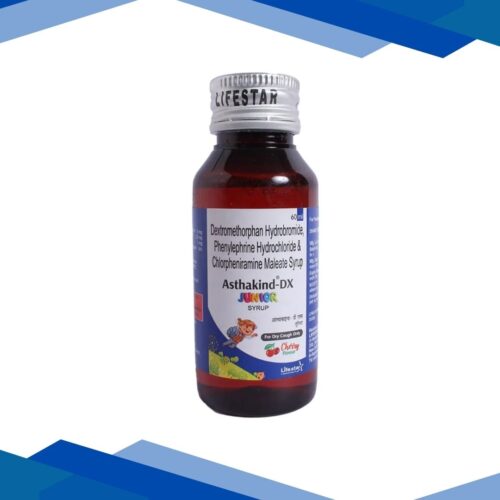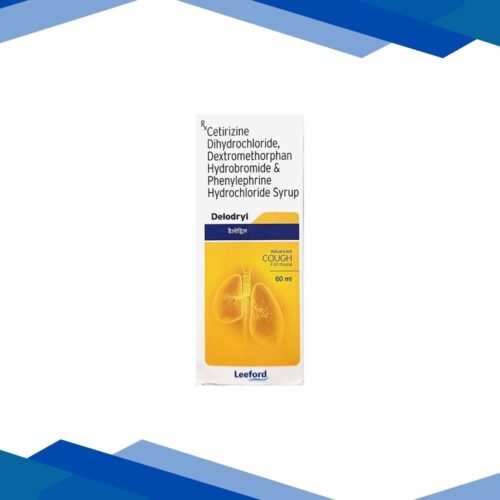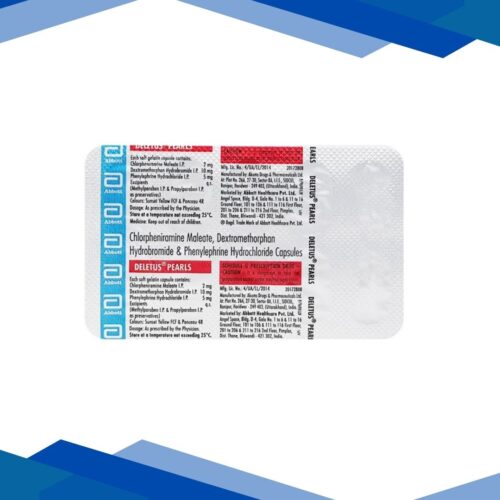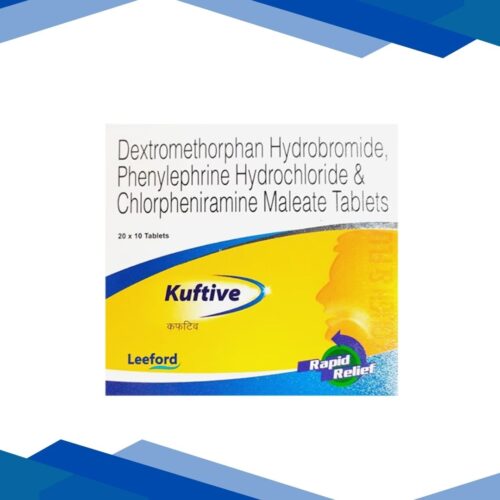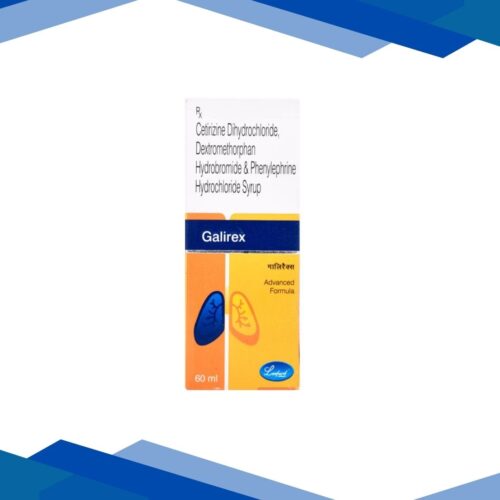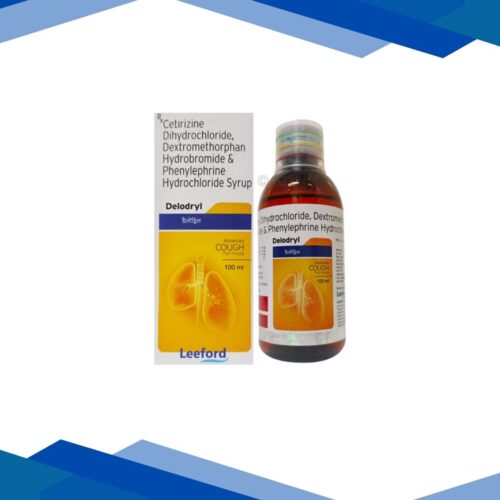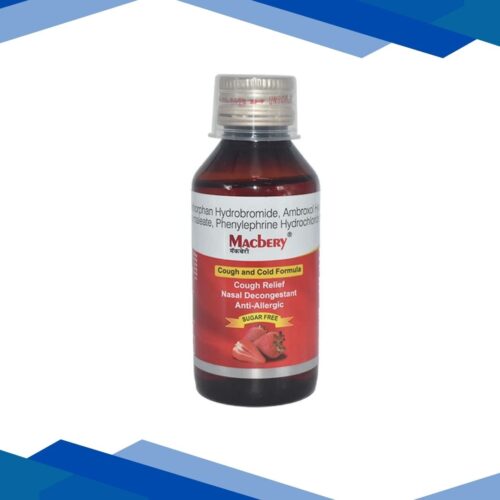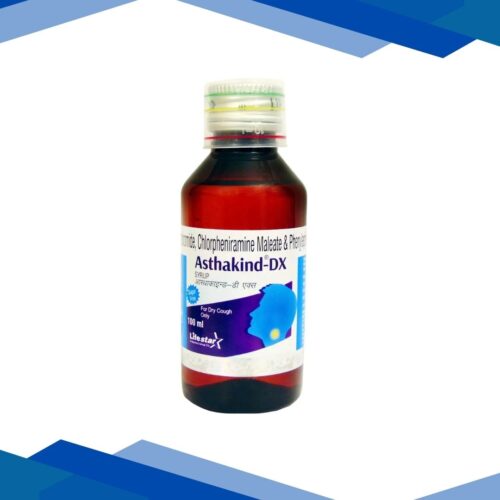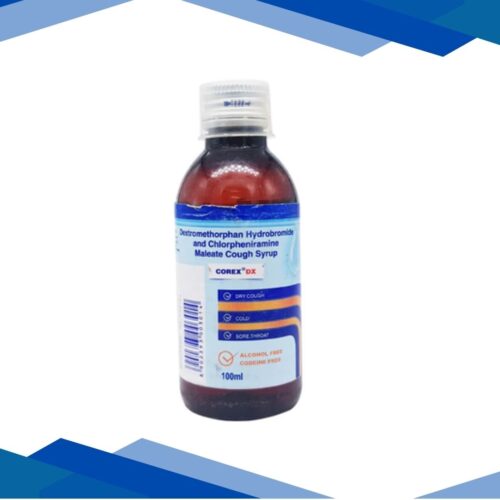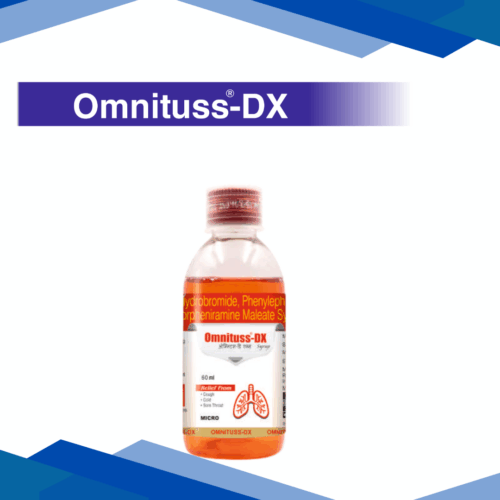DEXTROMETHORPHAN HYDROBROMIDE
Overview
Dextromethorphan Hydrobromide is commonly used to alleviate dry, non-productive coughs associated with conditions like the common cold or flu. It works by acting on the brain’s cough center to suppress the urge to cough, providing temporary relief from persistent coughing episodes
Classification
Antitussive
Uses
Dextromethorphan Hydrobromide is a medication commonly used to alleviate dry, non-productive coughs associated with conditions like the common cold or flu. It is available over-the-counter in various forms, including syrups, lozenges, and tablets.
How it works
Dextromethorphan Hydrobromide is an antitussive (cough suppressants). It suppresses cough by reducing the activity of the cough centre in the brain.
Dosage
As directed by the physician
Precautions
Inform your doctor if you’re allergic to dextromethorphan, any other medications, or any ingredients in the product you plan to take. Look at labels to identify ingredients.
If you’ve taken any monoamine oxidase inhibitor (MAOI) like isocarboxazid (Marplan), phenelzine (Nardil), selegiline (Eldepryl, Emsam, Zelapar), or tranylcypromine (Parnate) in the last 14 days, get advice from your physician or pharmacist before taking dextromethorphan. Dextromethorphan combined with an MAOI can cause dangerous and sometimes fatal side effects.
Help your doctor take the best possible care of you by sharing all the prescription and over-the-counter medications, vitamins, nutritional supplements, and herbal products you’re taking or plan to take. This is an important measure to promote safe use that may involve dose titration or monitoring for adverse effects.
Tell your health care provider if you are a current smoker, if you have a cough with lots of phlegm, or any other history of lung disease such as asthma, emphysema, or chronic bronchitis. Here’s why dextromethorphan isn’t appropriate for these conditions.
Unless you’re ready to use dextromethorphan, it’s best to talk to your doctor if you’re pregnant, becoming pregnant, or breastfeeding. The safety of dextromethorphan in pregnancy and breastfeeding has not been adequately researched.
If you have PKU, know that some chewable dextromethorphan tablets may be sweetened with aspartame, which has phenylalanine.
Side effects
Dextromethorphan may cause side effects. Tell your doctor if any of these symptoms are severe or do not go away:
Dizziness
Lightheadedness
Drowsiness
Nervousness
Restlessness
Nausea
Vomiting
Stomach pain
If you experience any of the following symptoms, call your doctor immediately:
Rash
Disclaimer
This content is for informational purposes only. Always consult a healthcare provider for medical advice and proper dosage.


